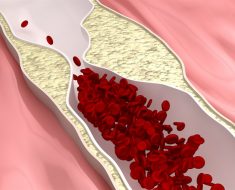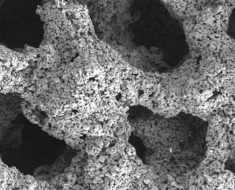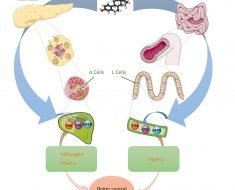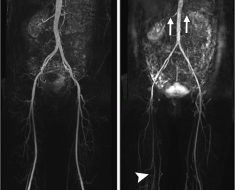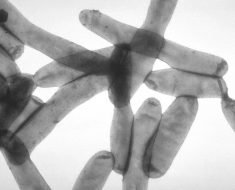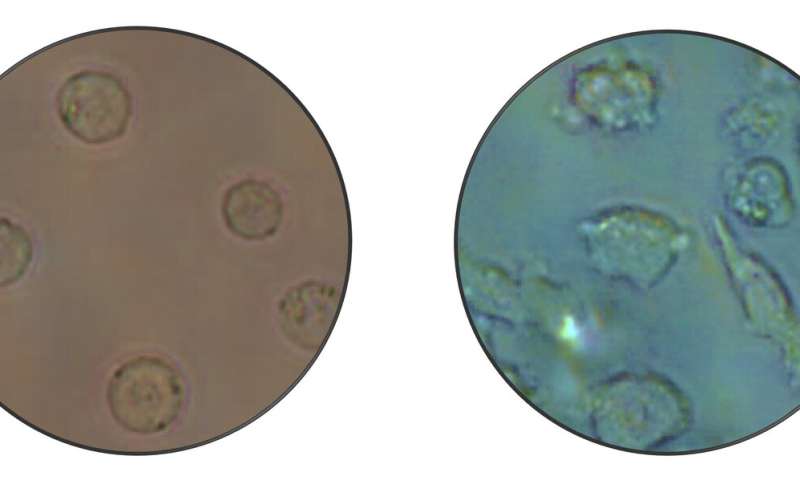
Researchers of the Josep Carreras Leukaemia Research Institute discover that a leukaemic cell is capable of transforming into a non-cancerous cell through epigenetic changes.
All the tissues of our body have the same DNA, but they perform very different functions and have very different aspects. For example, a lymphocyte and a neuron share the same genetic material, but they play very different tasks, and their appearance under the microscope is entirely dissimilar. What gives cells their own identity and differentiates them is their particular epigenetics, the chemical modifications that control gene expression. It has been accepted for decades that the semblance of a tumor cell (its phenotype) is discordant with the look of its original normal cell. Furthermore, recently, researchers discovered that an extraordinary phenomenon can occur in cancer: One type of cell may become a different type of cell.
This process is known as transdifferentiation, and is used, for example, by human tumor cells as a strategy to escape from a drug designed to kill them. Today, an article published by researchers of the group of Dr. Manel Esteller, director of the Josep Carreras Leukaemia Research Institute, ICREA researcher and professor of the University of Barcelona, describes how a leukaemia type B cell can transform into a macrophage, changing its epigenome and developing a new cellular identity.
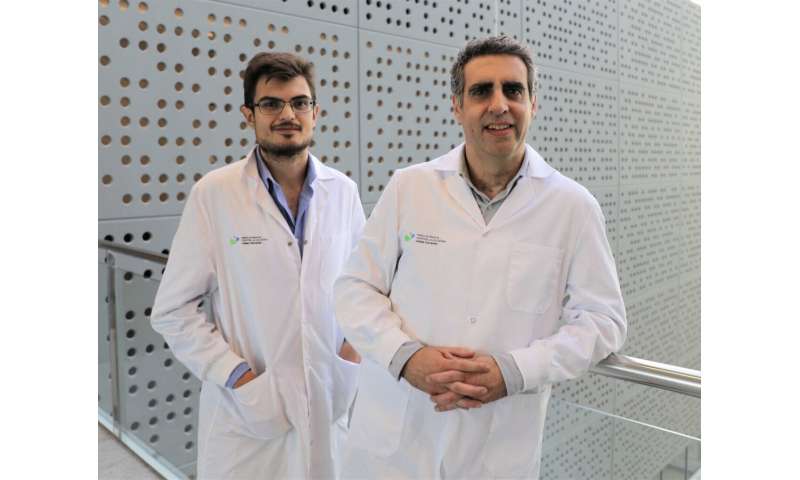
Source: Read Full Article
